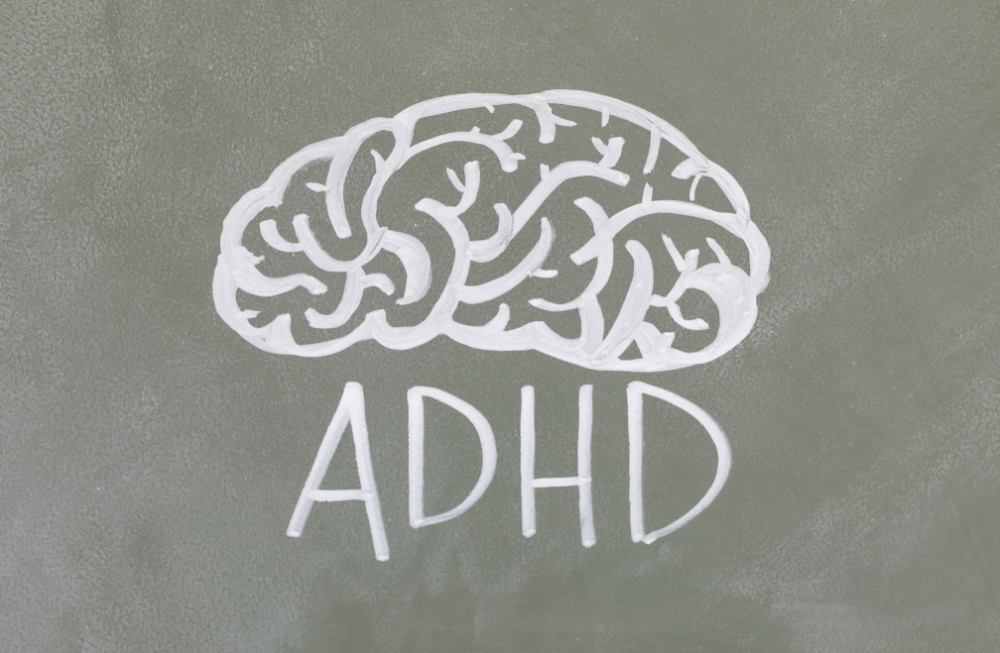
Table of Contents
Many adults struggle with focus, organization, and impulsivity. These challenges can significantly impact daily life, causing frustration and a sense of falling short. If you suspect you might have Attention Deficit Hyperactivity Disorder (ADHD), understanding the diagnosis process can be empowering. This blog post will guide you through the journey of getting an ADHD diagnosis as an adult, from recognizing symptoms to navigating the evaluation process.
Understanding ADHD in Adults
ADHD is a common neurodevelopmental disorder characterized by persistent inattention, hyperactivity, or impulsivity that interferes with daily functioning. While often diagnosed in childhood, ADHD can persist well into adulthood, affecting millions of adults. However, adult ADHD can present differently than in children. Hyperactivity might manifest more as internal restlessness or fidgeting, and inattentiveness can appear as difficulty focusing on conversations or tasks.
Symptoms to Consider
If you’re wondering if you might have ADHD, consider the following symptoms:
- Inattention: Difficulty focusing on tasks, easily distracted, frequently losing things, forgetting errands or appointments.
- Hyperactivity: Restlessness, feeling like you’re “wired,” difficulty relaxing, fidgeting or tapping your feet.
- Impulsivity: Acting without thinking, interrupting conversations, blurting things out, making rash decisions.
- Organization Difficulties: Trouble prioritizing tasks, starting or finishing projects, messy workspaces or homes.
- Time Management Issues: Difficulty estimating time, frequently late, missing deadlines.
It’s important to note that everyone experiences these symptoms occasionally. The key factor in ADHD diagnosis is the persistence and severity of these symptoms, and how significantly they impact your life.
Seeking an ADHD Diagnosis
If you suspect ADHD, the first step is to consult with a qualified mental health professional. This could be a psychiatrist, psychologist, or a Psychiatric Mental Health Nurse Practitioner (PMHNP) like myself.
The Evaluation Process
There’s no single test for ADHD diagnosis. The evaluation typically involves a comprehensive assessment, including:
- Detailed Interview: We will discuss your current symptoms, how long they’ve been present, and how they impact your life. I’ll also explore your developmental history and any past diagnoses.
- Symptom Rating Scales: Standardized questionnaires will be used to assess the severity of your ADHD symptoms.
- Collateral Information: I may request information from spouses, partners, or family members to gain a broader perspective on your symptoms.
- Ruling Out Other Conditions: Some medical conditions and mental health disorders can mimic ADHD symptoms. Ruling these out may involve a physical exam or additional assessments.
The Diagnostic Criteria
To be diagnosed with ADHD, you must meet specific criteria outlined in the Diagnostic and Statistical Manual of Mental Disorders (DSM-5). These criteria include:
- Several symptoms of inattention or hyperactivity-impulsivity that have persisted for at least six months.
- Symptoms that were present before age 12.
- Symptoms that cause impairment in at least two settings (e.g., work, home, social life).
- Symptoms that cannot be explained better by another mental health disorder.
The Path to Treatment
An ADHD diagnosis can be a relief, providing validation for your struggles and opening the door to effective treatment options. Treatment for adult ADHD typically involves a combination of medication and therapy:
- Medication: Stimulant medications are considered the first-line treatment for ADHD. They work by increasing levels of dopamine and norepinephrine, brain chemicals involved in focus and attention.
- Therapy: Cognitive Behavioral Therapy (CBT) can help develop coping mechanisms for managing symptoms, improving organization, and building self-esteem.
The Importance of Self-Care
In addition to professional treatment, prioritizing self-care is crucial for managing ADHD. Developing healthy habits like regular exercise, a consistent sleep schedule, and a balanced diet can significantly improve focus and overall well-being.
Living with ADHD
An ADHD diagnosis doesn’t define you. With proper understanding, treatment, and self-care, you can develop strategies to manage your symptoms and thrive in all areas of your life.
Next Steps
If you suspect you might have ADHD, don’t hesitate to reach out for help. Schedule a consultation with a qualified mental health professional who specializes in adult ADHD. Remember, getting a diagnosis is not about blame; it’s about empowering yourself to manage your challenges and reach your full potential.